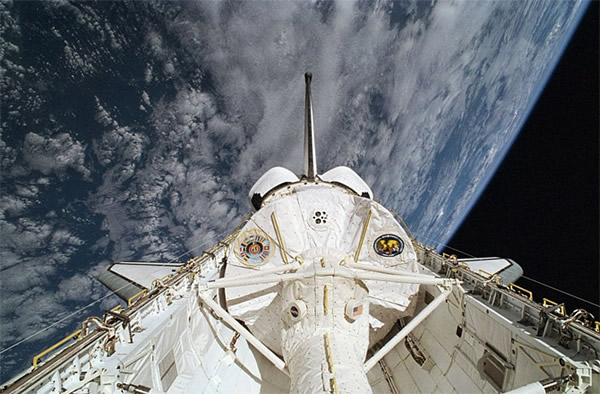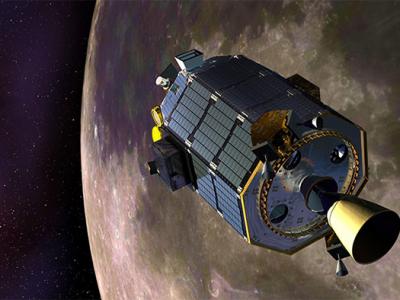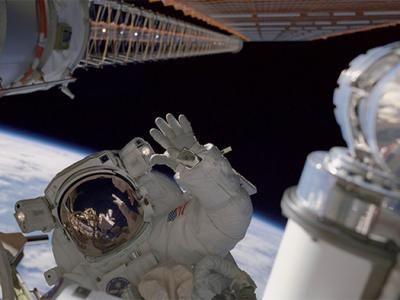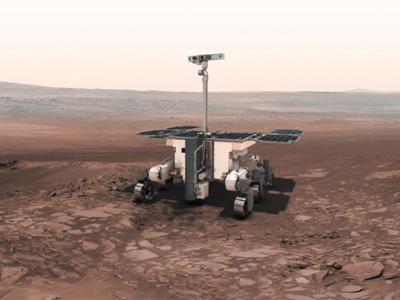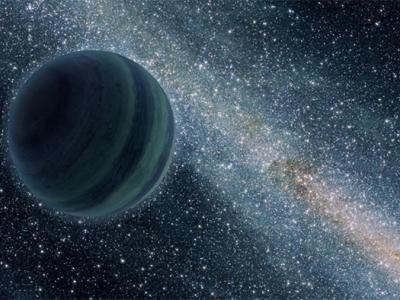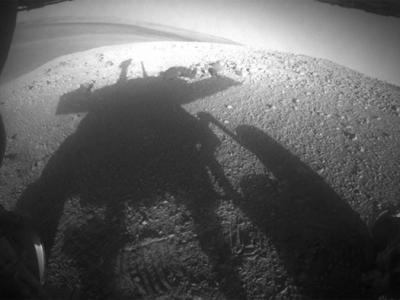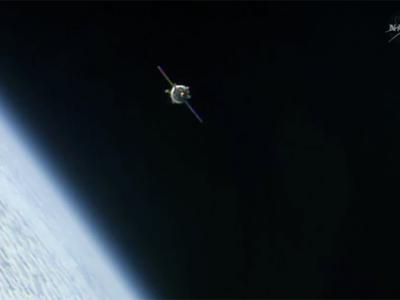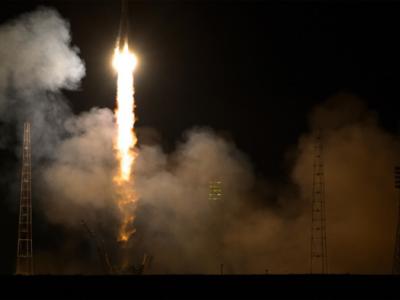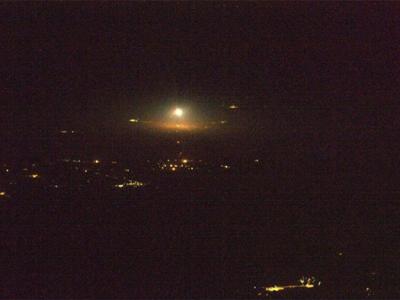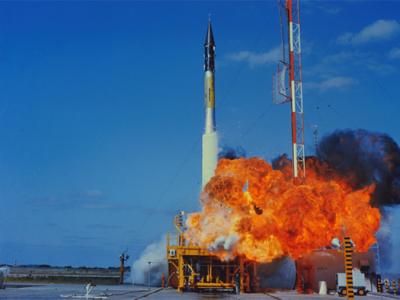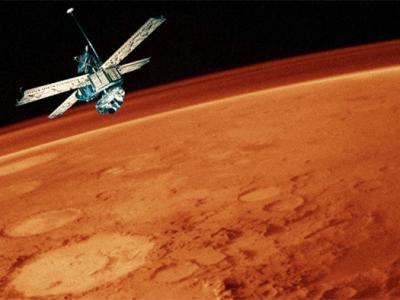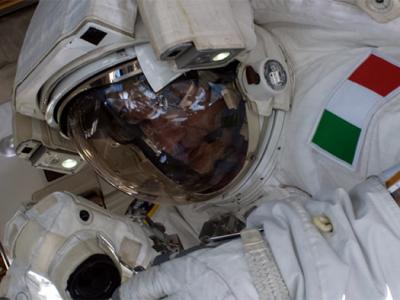Chiao: Don't Let Them Hijack Our Dreams
“Columbia, NTD (NASA Test Director), close and lock your visors, initiate O2 flow, and have a good flight.”
With these words on June 8, 1994, we were being sent off on what was my first mission into space aboard Space Shuttle mission STS-65. Moments later, Columbia's rockets roared to life and the adventure began with a mixture of fire, sound, and raw power. Less than nine minutes later, we were in Low Earth Orbit. What a ride! What a view of the Earth! What an emotional moment, to be realizing my boyhood dream of flying into space!
My friend, colleague and NASA astronaut classmate would later tell me that she watched my launch live. Well part of it anyway. She had just barely arrived in Moscow for a training session, and switched on the hotel television in hopes of catching the launch.
Back in the day, CNN still carried Shuttle launches live, and she was just in time to watch the engines ignite. But, once Columbia cleared the tower, the launch video was moved into a small box in the corner of the screen, and live coverage of the O.J. Simpson trial resumed.
I suppose they kept us in the corner so they could go back live to the Kennedy Space Center with little loss of continuity in case we blew up.
A view of Space Shuttle Columbia's payload bay during the STS-65 Spacelab microgravity experiment in 1994 -- NASA astronaut Leroy Chiao was Mission Specialist during the two-week mission.
I am a realist, so I didn’t really blame CNN. The public had already become somewhat blasé about the space program. After all, Shuttles were flying six or more times a year, and NASA had, in a way, become a victim of its own success.
People wanted to know all of the details of the trial, down to what shoes O.J. might or might not have owned. I was just glad that CNN still carried the launches live. We contributed to some remarkable science during our two week mission, but almost none of it was reported anywhere, in deference to coverage of the trial.
Why are we so obsessed with negative news, and what impact is this having on other areas?
Now, fast-forward nearly twenty years.
On Monday April 29 2013, Virgin Galactic did something remarkable -- they carried out their first powered flight test of SpaceShipTwo. However, the event barely made a blip on the national and international news. Even Richard Branson’s legendary ability to do public relations and capture media attention was only barely enough to get a tiny amount of publicity on this remarkable step in commercial spaceflight.
No, instead the headlines continued to focus on two brothers, who allegedly carried out the Boston Marathon bombing. I for one am sick of hearing about it. Tell me something when something real is discovered. The pain and suffering these individuals caused was deeply saddening, but I really couldn't care less about what the older brother "tweeted" in the days leading up to the attacks.
How much are we missing out on because our negative news addiction is drowning out all of the good stuff?
On that same Monday, National Public Radio (NPR) reported that funding for the National Institute of Health (NIH) has been cut so much that, while previously one in three proposals would get funded, now only one in ten are expected to receive research money. So much for advancing the state-of-the-art in medical research.
And this is just one area of meaningful public funding that is being cut. Don’t get me started about the U.S. Space Program.
I understand that the world has changed since the terror attacks of 911, and I certainly support the need for funding national security needs. I also understand that news media need to cover what interests the public, for both service and business survival reasons.
However, I have come to realize that terrorists and criminals are not only affecting our security concerns, they are also hijacking our future dreams. Nothing good happens without funding, and if the public and politicians don’t hear about the good things that the funding creates, it ends.
Let’s not let them win. Let’s make a decision to go on with pushing forward in our lives, instead of hunkering down. Let’s go on to advance the state-of-the-art in interesting things that are beneficial to individuals and to society as a whole.
What it’s going to take is a change in attitude. This is something that starts with each one of us. Only through individual realignment, will we be able to affect the national mood, and thus get the attention of our leaders in politics and in the media. This is how we can make meaningful changes in the way that we move forward.
Let’s not let our future dreams be hijacked. We owe our children and grandchildren a better legacy than that.
Leroy Chiao served as a NASA astronaut from 1990-2005. During his 15-year career, he flew four missions into space, three times on space shuttles and once as the copilot of a Russian Soyuz spacecraft to the International Space Station. On that flight, he served as the commander of Expedition 10, a six-and-a-half-month mission. Dr. Chiao has performed six spacewalks, in both U.S. and Russian spacesuits, and has logged nearly 230 days in space.(May 7, 2013 07:04 PM ET // by Leroy Chiao)
